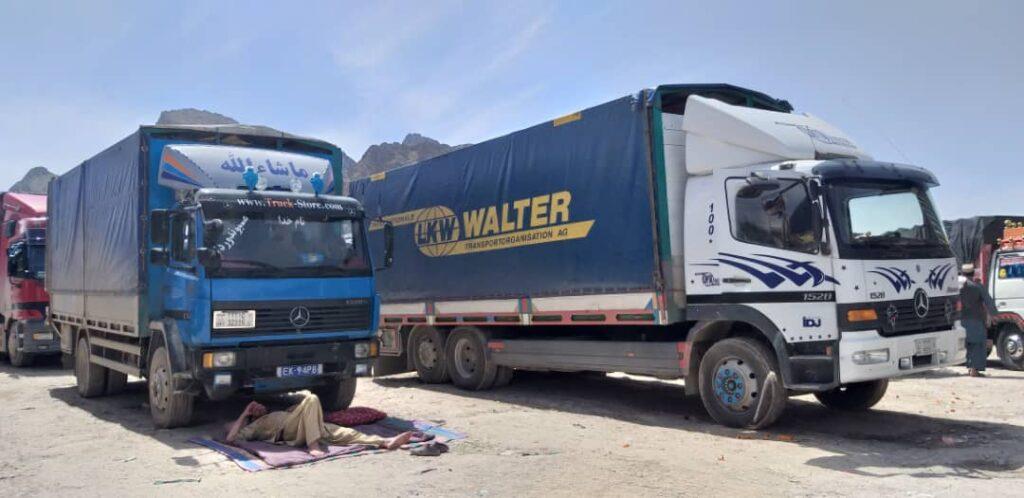KANDAHAR CITY (Pajhwok): Traders and truck drivers in southern Kandahar province say illegal extortion on highways has come to and, with transportation of goods seeing . . .
You need to subscribe to view the full article. Please login or register a new account.






GET IN TOUCH
NEWSLETTER
SUGGEST A STORY
PAJHWOK MOBILE APP